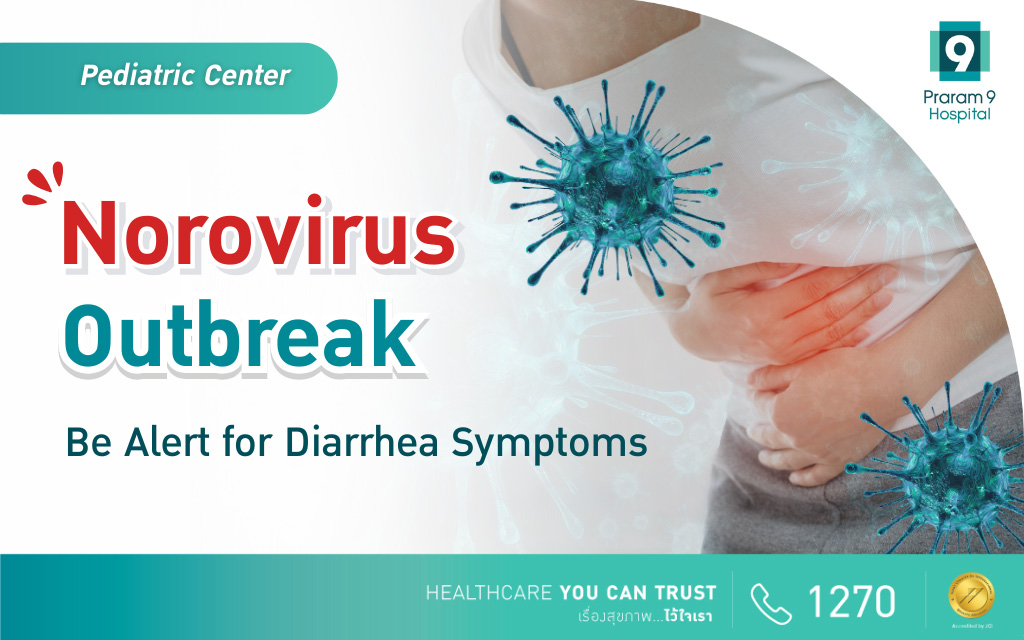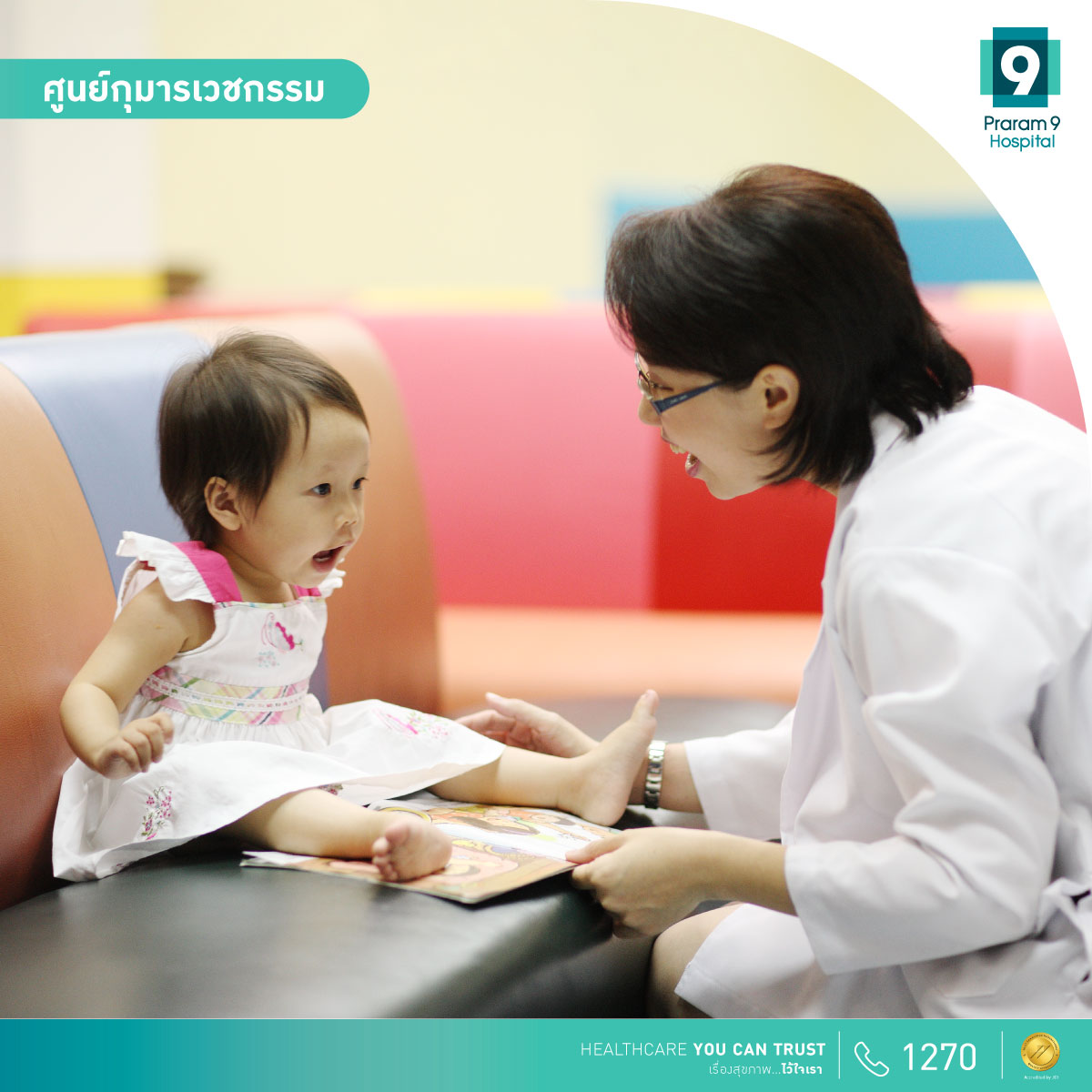Norovirus is a highly contagious virus that commonly spreads during colder months. It leads to gastrointestinal symptoms such as vomiting, abdominal pain, diarrhea, fever, fatigue, and dehydration. Severe cases, particularly in children, the elderly, or individuals with weakened immune systems, may require medical attention.
How Norovirus Spreads
Norovirus can spread through various routes, including:
- Contaminated food or drinks: Consuming items exposed to the virus.
- Contact with infected surfaces: Touching contaminated objects and then placing hands in your mouth.
- Direct contact with infected individuals: Exposure to saliva, vomit, or stool from an infected person.
- Person-to-person transmission: Close interactions with someone carrying the virus.
Symptoms of Norovirus Infection
Common symptoms of norovirus include:
- Nausea and vomiting
- Abdominal cramps
- Watery diarrhea
- Fever
- Fatigue
- Loss of appetite
- Headaches
- Body aches
Diagnosis and Treatment
Diagnosis:
- Doctors assess the patient’s symptom history and perform physical examinations.
- Stool tests may be conducted to confirm the presence of norovirus.
Treatment:
- Most cases resolve within 2-3 days with proper care.
- Severe cases may require hospitalization for:
- IV fluids to combat dehydration.
- Medications to relieve vomiting, diarrhea, and abdominal pain.
- Monitoring for complications such as low blood pressure or shock.
Prevention Tips
Minimize your risk of norovirus infection with these preventive measures:
- Wash your hands thoroughly: Use soap and water before eating and after using the restroom.
- Avoid touching your face: Especially important for young children.
- Eat safe, clean food: Ensure meals are fully cooked and prepared in hygienic conditions.
- Avoid food preparation when sick: If you experience symptoms, refrain from cooking for others.
- Use shared utensils properly: Always use serving spoons during communal meals.
Special Considerations for At-Risk Groups
- Young children, the elderly, and immunocompromised individuals should be closely monitored for symptoms such as vomiting, diarrhea, and fever.
- If symptoms are severe, immediate medical attention is essential to prevent complications.
FAQs about Norovirus
- What is norovirus?
Norovirus is a highly contagious virus that causes gastrointestinal symptoms, such as vomiting and diarrhea. - How long does norovirus last?
Most infections resolve within 2-3 days, but severe cases may require a longer recovery period. - Who is most at risk?
Young children, the elderly, and individuals with weakened immune systems are at a higher risk of experiencing severe symptoms.
For more information or urgent, please contact
TEL: 1270 (Local) or +662 202 9999
Email: [email protected]
You can consult a doctor from anywhere through video calls.






